Introduction to Biofuel Pellet Machines
Biofuel pellet machines are specialized equipment designed for the production of biofuel pellets from organic materials. These machines compress biomass into compact, uniform pellets, which are used as a renewable energy source. The process not only contributes to waste management but also plays a significant role in reducing reliance on fossil fuels.
Types and Applications
The versatility of biofuel pellet machines is evident in their various types and applications. From small-scale models suitable for residential use to industrial-grade machines for high-volume production, these machines cater to diverse needs. They are instrumental in producing pellets for heating systems, power generation, and as an alternative fuel source in various industries, including agriculture and food processing.
Operational Features
Pellet mill equipment is engineered with user-friendly interfaces, allowing for adjustments in pellet size and shape. The operational features of these machines are designed to handle different materials, such as woodchips, sawdust, and other biomass residues, ensuring efficient pelletization. The adaptability of these machines to various raw materials makes them a valuable asset in the production of biofuels.
Machine Specifications and Efficiency
When selecting a pellet making machine, it is crucial to consider the machine's specifications, including its throughput rates, which are typically measured in kilograms per hour. Efficiency is a key factor, as it relates to both the operational cost and the production rate. Prospective buyers should assess their production needs to find a machine that balances size, efficiency, and running costs.
Material Compatibility and Sustainability
Certain pellet press machines are specifically designed to work with particular materials like sawdust, while others are more versatile, handling various wood wastes and biomass materials. This compatibility is essential for businesses aiming to produce sustainable fuels and reduce their carbon footprint by utilizing waste materials effectively.
Portability and Versatility
Some models of biomass pellet machines are equipped with wheels, enhancing their portability and making them ideal for agricultural settings where raw materials are scattered across different sites. This portability also extends to other locations, making these machines a practical solution for producing biofuel pellets in various environments.



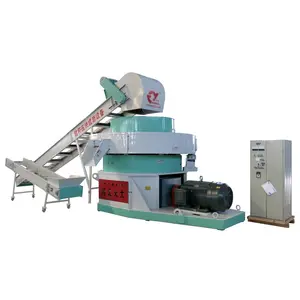










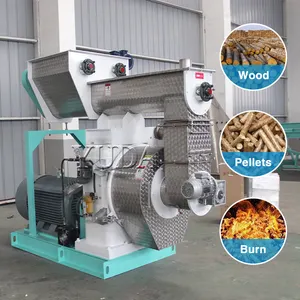


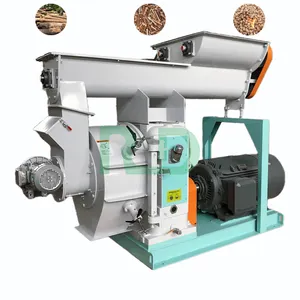





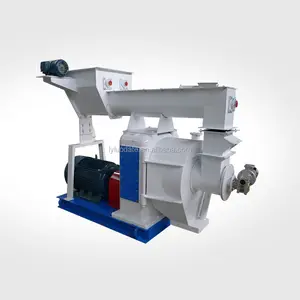

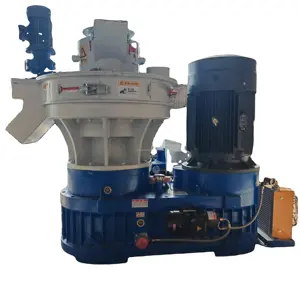

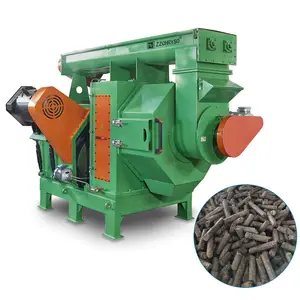
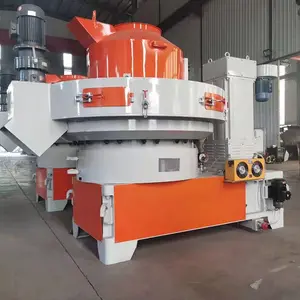
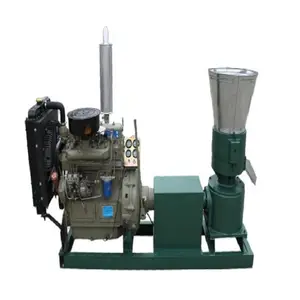
















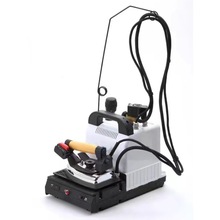

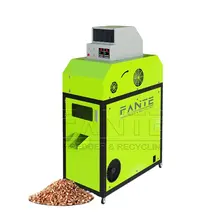
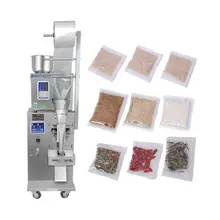



























 浙公网安备 33010002000092号
浙公网安备 33010002000092号 浙B2-20120091-4
浙B2-20120091-4